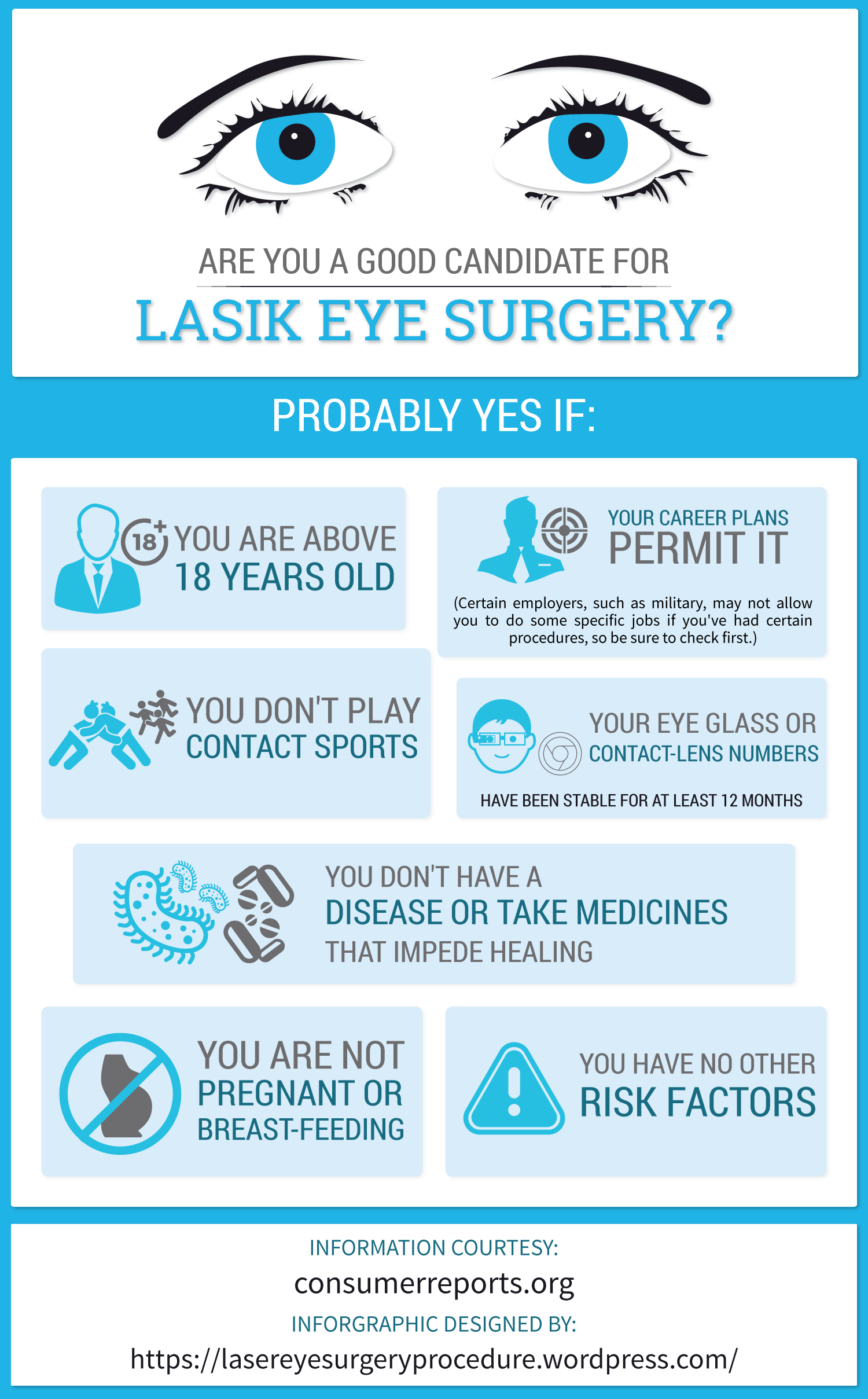Dry Eye Solutions: When To Come Close To An Optometrist Instead Of An Eye Doctor
https://www.aarp.org/health/healthy-living/info-11-2013/shopping-for-eyeglasses.html Written By-Camp Medina Dry eye symptoms can be frustrating and uncomfortable. You could question if you should see an eye doctor or an ophthalmologist for relief. Optometrists often deal with mild to modest situations with effective therapies. Nevertheless, if your signs and symptoms continue or get worse, it might be time to think about a specialist's care. Understanding the right path for your circumstance is critical— so what elements should you think about before making that visit?
Understanding Dry Eye Symptoms
Have you ever experienced a persistent feeling of dry skin in your eyes? This pain can be greater than just a nuisance; it usually signals a common problem called completely dry eye. You may observe soreness, itching, or a sandy feeling, making it tough to concentrate. Sometimes, your eyes might even sprinkle excessively as they attempt to compensate for the lack of dampness. You might additionally experience blurred vision, specifically after extended display time. Identifying these signs is essential for handling dry eye efficiently. Variables like extended display use, ecological toxic irritants, and specific medications can worsen these sensations.
Function of Optometrists in Dry Eye Management
Eye doctors play an important role in handling completely dry eye, serving as your main resource for diagnosis and treatment. They start by assessing your signs and symptoms and performing thorough eye assessments to identify the underlying root causes of your pain. With their knowledge, they suggest tailored therapy plans, which may consist of artificial tears, prescription medicines, or lifestyle adjustments. Eye doctors also educate you on correct eye treatment methods to assist ease symptoms. If your problem needs a lot more specific interest, they'll refer you to an ophthalmologist. Normal examinations with your optometrist guarantee that your dry eye monitoring works, permitting changes to your therapy as needed. Trust your eye doctor to assist you with the procedure of finding relief from completely dry eye symptoms.
When to Speak with an Eye doctor
When should you consider consulting an ophthalmologist for your completely dry eye signs? If your signs and symptoms linger regardless of non-prescription therapies or intensify over time, it's time to see an expert. https://drive.google.com/drive/folders/12vhw3Ngz5mLfw_3FEvhFG3IscePrtz7H?usp=drive_open must likewise connect if you experience severe discomfort, vision adjustments, or if your eyes show up red and swollen. An ophthalmologist can identify underlying conditions like blepharitis or meibomian gland disorder that may call for advanced therapy. If you have a history of eye surgical procedures or persistent problems such as rheumatoid joint inflammation, it's a good idea to get in touch with an ophthalmologist as well.
Verdict
In recap, if you're experiencing completely dry eye signs and symptoms, beginning by seeing an optometrist for an individualized treatment strategy. They can aid with mild to modest issues using artificial rips and lifestyle adjustments. However, if your signs and symptoms linger or intensify, do not think twice to speak with an ophthalmologist for even more specialized care. Taking these steps can cause better monitoring of your completely dry eye signs and symptoms and improve your general eye health and wellness. Keep in mind, your convenience and vision are worth it! 